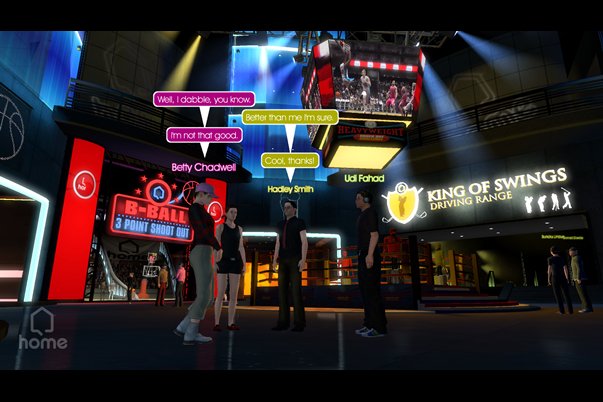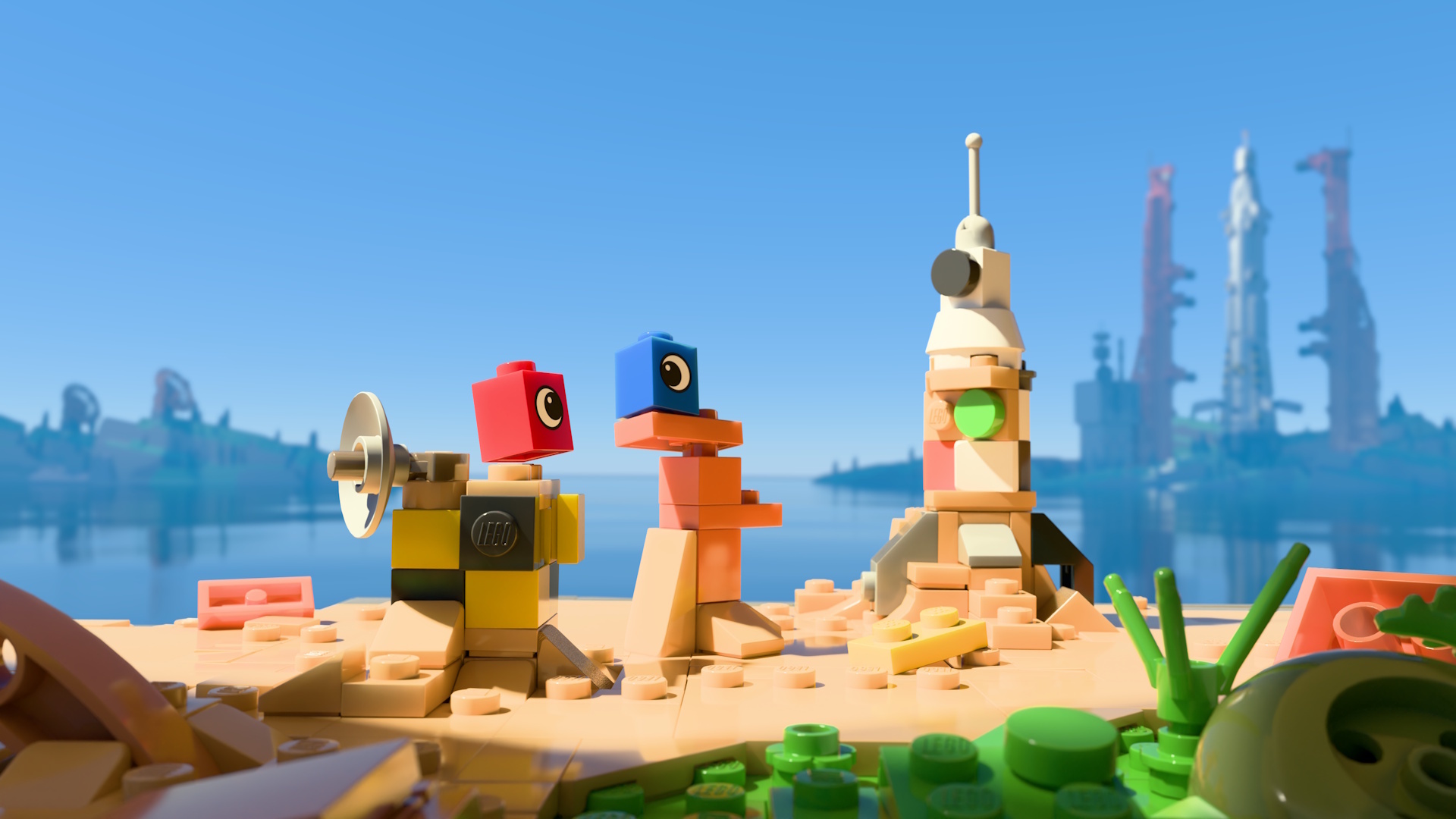Sony talks Home and user-gen content
Are games with user generated content and Web 2.0 experiences the next big thing?
Sept 12, 2007
Sony says that the ultimate aim of Web 2.0-style user generated content is to make games more open and accessible.
VP of worldwide studios, Jamie Macdonald, said: "There's a changing landscape out there regarding how people interact with entertainment. People now, out of the box, expect to be able to interact in a connected fashion, and to exchange experiences built around that."
He went on to say: "I think what we're doing with Home, SingStar and LittleBigPlanet is, essentially, providing the environment in which people can create their own entertainment experiences and share them with a much wider circle of friends than they've had before."
Peter Edward, director of the PlayStation Home platform group added: "We're into another area where gaming is not just an interactive experience, but it's an interactive experience with your friends, rather than with the people who made the game.
"Giving people that semi-ownership of the game itself is great for building up the bond between the games and the gamer, rather than it just being a commodity that you use and, once it's expired, you move onto the next thing. It's great, because it gives longevity to games, which was a very difficult thing to do before."
Weekly digests, tales from the communities you love, and more

Sony also once again shunned comparisons between its upcoming Home service and the social networking PC application, Second Life. "When we started work on [Home], Second Life didn't exist," said Macdonald.
"It's the obvious thing to do, to make comparisons between Home and Second Life, and it's understandable that people would do that, as they are quite similar, superficially," added Edward.
"But Home has been in development for quite a long time, and its roots came from online gaming rather than social networking, and the social networking aspect has grown from that," he said.
The extent of Home's innovation has been put into question before, when both Nintendo and Microsoft previously claimed to have considered and ultimately dismissed similar concepts to Home in the past.


